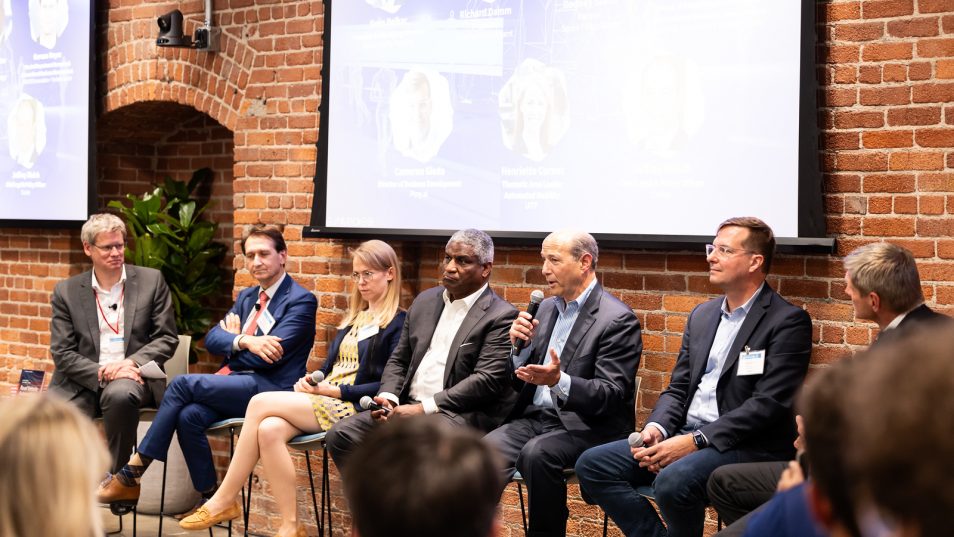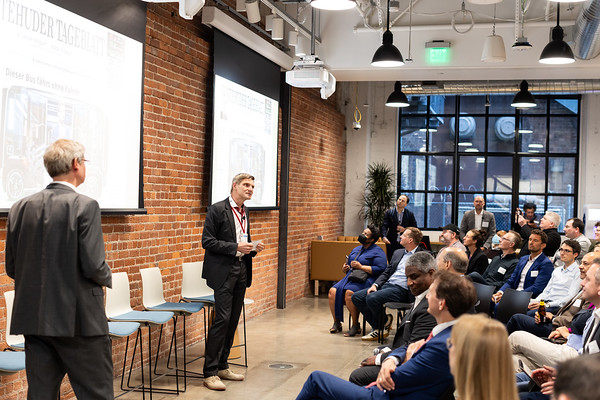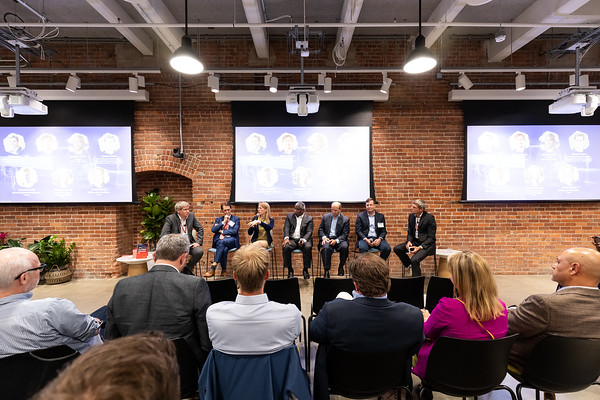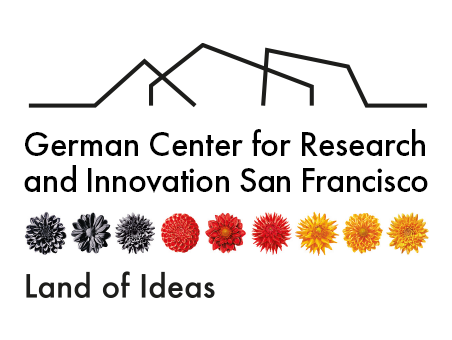6th German-American Mobility Dialogue

On July 10th, DWIH San Francisco supported the 6th German-American Future Mobility Dialogue, hosted by the German-American Chamber of Commerce (GACC) West in San Francisco. This event explored the opportunities of autonomous individual road transportation while also covering the technical, legal, social, economical and human-factors related hurdles relating to its introduction. Held as a precursor event of the Road Transportation Symposium (ARTS 2023), the forum fostered a transatlantic exchange of knowledge and network building between experts from industry, academia and policy-making.
The forum, which opened with remarks from moderators Sven Beiker and Gereon Meyer, showcased a notable development — the presence of self-driving buses in Germany. Beiker highlighted this achievement, emphasizing that progress is indeed happening in Germany (article in his hometown magazine Buxtehuder Zeitung). The strides made by the German autonomous vehicle industry indicate a promising future for self-driving technology in the region.

Next, Richard Damm, from the German Federal Motor Transport Authority (Bundeskraftfahrtamt), noted challenges and opportunities in Germany and the United States. He acknowledged that Germany is actively pushing for change in the autonomous vehicle sector. But there is still much to learn from countries like the US, which have already deployed vehicles on the roads. However, Hamburg’s ambitious plan for a future fleet of 10,000 robot taxis and shuttles showcases the potential for innovative transportation solutions. To overcome obstacles, Damm emphasized the need for international cooperation to collaborate and discuss future partnerships.
Following Damm’s presentation, John Reynolds, Commissioner at the California Public Utilities Commission, presented valuable insights into the AV testing landscape in the state. He highlighted how regulatory frameworks, established in October 2020, have allowed AV deployment in various cities. Companies have been approved to provide unpaid AV services, while one has even received authorization to commercially deploy driverless vehicles. The industry’s focus on reducing emissions and providing transportation options for all demonstrates the potential benefits of autonomous vehicles.
 The speakers then moved into a panel discussion, which explored the delicate balance between regulations and fostering innovation. Damm emphasized the need for regulations to support innovation and not hinder progress. Rodney Slater, from the law firm Squire Patton Boggs, highlighted the importance of visionary leadership in the current administration to collaborate with innovative AV companies and create transportation solutions. Clearly, collaboration between the public and private sectors is seen as essential for successful AV deployment.
The speakers then moved into a panel discussion, which explored the delicate balance between regulations and fostering innovation. Damm emphasized the need for regulations to support innovation and not hinder progress. Rodney Slater, from the law firm Squire Patton Boggs, highlighted the importance of visionary leadership in the current administration to collaborate with innovative AV companies and create transportation solutions. Clearly, collaboration between the public and private sectors is seen as essential for successful AV deployment.
The discussion also addressed public acceptance of autonomous vehicles. Henriette Cornet of the International Association of Public Transport in Brussels noted that concerns about this technology will decrease gradually as autonomous driving vehicles improve their safety track record. Moreover, the disabled community and women traveling alone stand to benefit significantly from self-driving technology, providing greater independence and safety.
In conclusion, the event provided a comprehensive view of the industry’s progress, challenges, and future potential. Clearly, collaborative efforts, visionary leadership, and ongoing innovation are critical to harness the full benefits of autonomous vehicles and create a safer, greener, and more efficient future of transportation on a global scale. As technology continues to improve, the world eagerly anticipates a brighter and more autonomous future on the roads.
